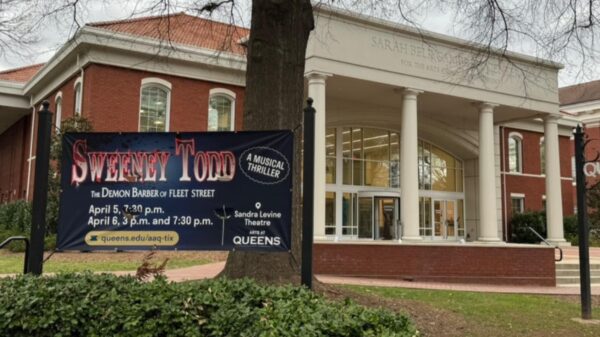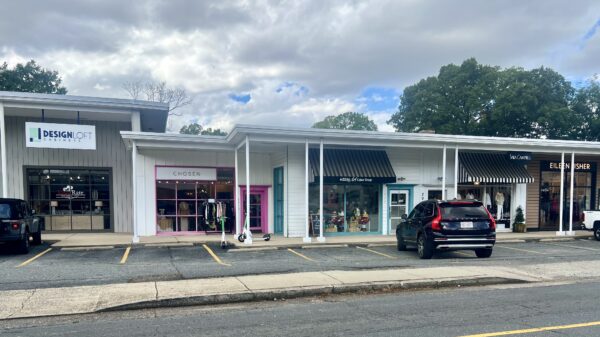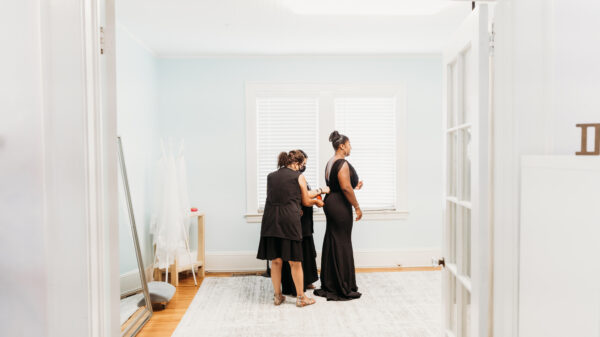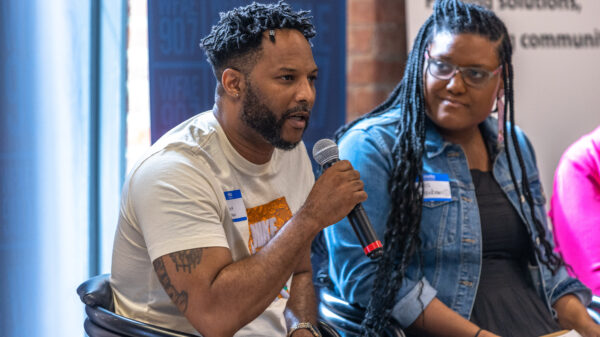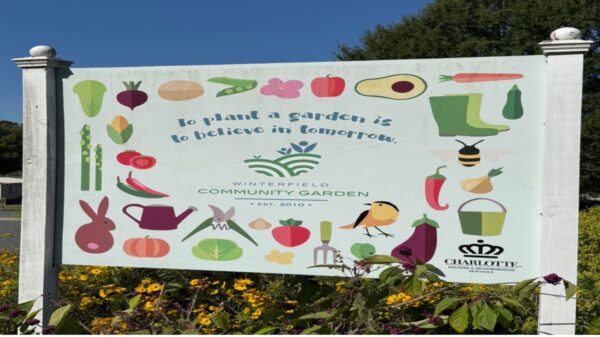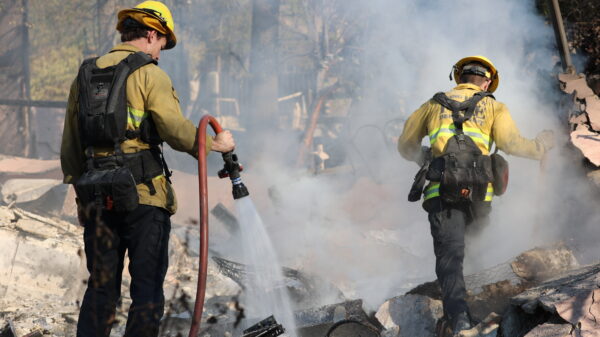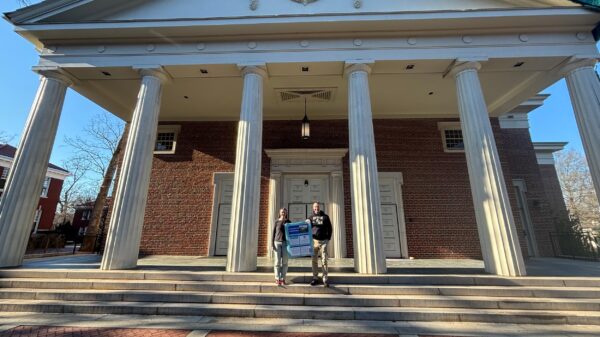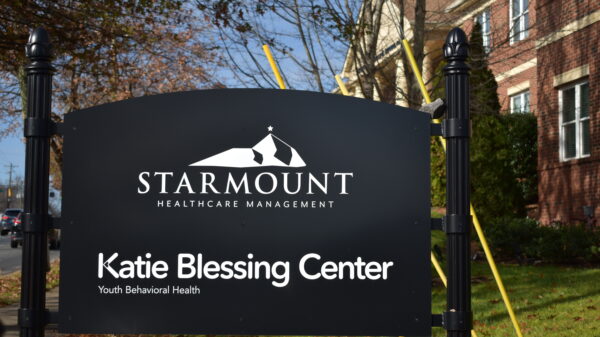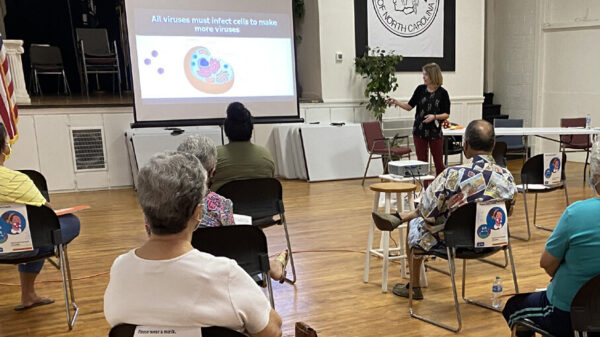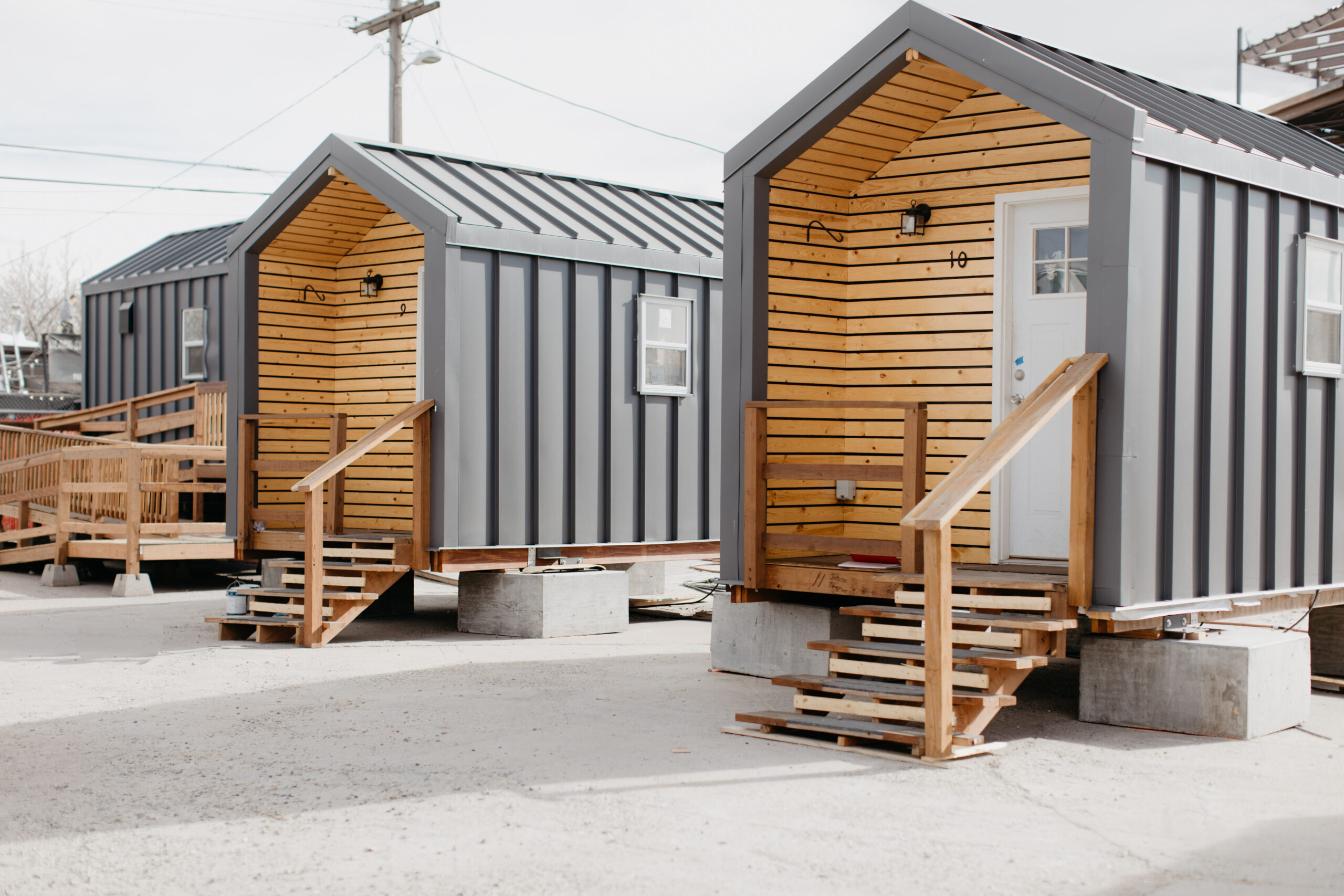As rents rise and affordable living options rapidly dwindle in Charlotte, one might think the city would welcome the idea of an economical “tiny house village.”
However, the city of Charlotte is not yet prepared to accept that concept. Before that can happen, zoning laws must be changed.
“The biggest setback to building a tiny home village would be the single-family residential standards,” said Maxx Oliver, zoning administration specialist for the City of Charlotte.
In other words, the laws that govern what constitutes an adequate lot for a single-family home.
In most cases, zoning does not allow for more than five single-family homes per acre. What’s more, each home must front a public right-of-way. There are other requirements as well that do not match up well with the idea of a tiny home community.
As long as these requirements remain, the kind of tiny home developments that are making homes more affordable in other parts of the country will not be seen in Charlotte.
The city will not consider changes that will make tiny homes an affordable housing option until it completes the “Unified Development Ordinance (UDO),” a revision of the city zoning code, according to Miles Vaughn, divisions manager of housing services for the City of Charlotte. The ordinance is not scheduled to be completed before Fall 2021.
“I wouldn’t say that the city will never endorse or finance that type of development, but I think it is a process that we are trying to fine-tune,” Vaughn said.
Kevin May, UDO planner and planning project coordinator for the city of Charlotte, agreed.
“Right now, we are keeping an open ear, and it’s an open ear not just to the community and the community’s needs, but it’s also to what forms of development are being desired at the end that would put the product out there.”
Even if zoning becomes more friendly towards a tiny home village, however, there is another obstacle: winning over neighbors of these potential communities.
To date, there has been only one attempt to implement a tiny home community in Charlotte. Neighbors quickly rose up against it.
In 2017, Keyo Park West developer Kelvin Young proposed to build 56 tiny houses in the Coulwood West neighborhood in northwest Charlotte. However, neighbors in the area pushed back on the plan, fearing the development would decrease their property values. Young did not move forward with this plan.
Meanwhile, residents generally continue to oppose multi-family housing options that fall outside of the traditional single-family home in their neighborhoods.
Recently, the city announced the Charlotte Future 2040 Comprehensive Plan. It is intended to guide development and growth in Charlotte for the next 20 years. The plan features multi-family housing options as well as single-family zoning that allows for duplexes and triplexes in single-family home neighborhoods.
Many Charlotteans strongly dislike these proposed housing options, said Rachel Stark, senior urban designer in the Planning, Design, and Development department of the City of Charlotte.
“People believe the preferred format of housing in Charlotte is the traditional single-family house,” Stark said. “(Additionally), people are worried about traffic congestion and other infrastructure strains of increased population density, (and) people associate affordable housing with poverty, and poverty with behaviors they are either uncomfortable with or feel impact their safety or quality of life.”
One must drive roughly 100 miles west to find the tiny home village nearest to Charlotte, in the town of Flat Rock. It is home to the Simple Life, a tiny home community. Though these homes are more affordable than others in the area, they are not inexpensive enough to be affordable housing, with pricing running as high as $150,000 for a one-bedroom home.
A search of the web turned up no tiny home villages for affordable housing in North Carolina. However, Denver, Colo., created its first tiny home community to address affordable housing. In 2017 Beloved Community Village became possible after a change in zoning laws.
Chris Rudisill, a Charlotte journalist, visited the Beloved Community Village as part of his work with the Charlotte Journalism Collaborative. The collaborative is a coalition of media organizations covering the crisis of affordable housing. Rudisill is its executive director.
“I thought the (Beloved Tiny Home Village) was a really unique approach,” said Rudisill. “The biggest thing that stood out to me was they had found a way to break down silos in the community that had previously prevented anything from getting accomplished.”
The Beloved Community Village, features 20 tiny houses. On its website, it says residents reported an increase in their ability to save money, pay bills, and pay off debt. Additionally, an independent study conducted by the Center for Housing and Homelessness Research, found that residents were four times more likely to be employed than non-resident counterparts.
In Charlotte, Aldo’s Restoration and Construction builds and promotes the benefits of tiny homes. Its website says the cost of building a tiny home is about 10 times cheaper than a typical single-family home costing $250,000.
“Although tiny homes can seem expensive, you are getting a home that is less expensive than a larger house,” said another tiny home builder, Jeramy Stauffer, who works for Nanostead, a construction company in Marshall, NC.
Ultimately, any zoning changes that allow tiny home villages in Charlotte must be approved by the Charlotte City Council. At least one city council member says he is in favor of doing that.
“Tiny homes, and even affordable housing more broadly, is not a solution,” said City Council member Tariq Bokhari. “It is a tool towards an ultimate solution of upward mobility, of sustainability. So yes, I am a big believer that (a tiny home village) is probably one of the more powerful tools we have in our toolbox, but it can’t be deployed alone.”
-
Mona Dougani of Charlotte, North Carolina, is a 2021 graduate of the James L. Knight School of Communication at Queens University of Charlotte. Mona served as managing editor of the news service and as an intern with North Carolina Health News and with the Charlotte Journalism Collaborative.
View all posts



